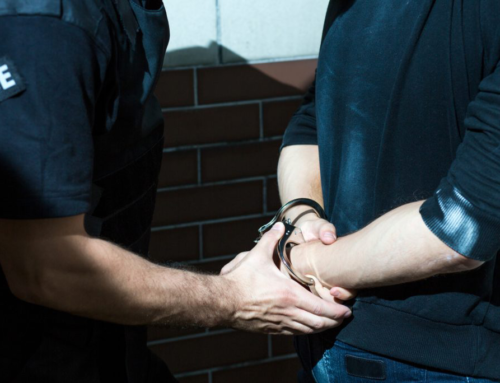 For some crimes in Texas, it is not uncommon for the prosecution to seek to try accused minors as adults. But how did this come to be? When does a minor get tried as an adult?
For some crimes in Texas, it is not uncommon for the prosecution to seek to try accused minors as adults. But how did this come to be? When does a minor get tried as an adult?
Changes to Texas Law
In 1995, Texas laws changed regarding juvenile justice statutes. The changes affected juvenile certifications. Juvenile certification is the process of how courts determine whether a minor can be tried as an adult. Before 1995, a decision to try a juvenile as an adult had an automatic appeal. After the law changed to remove the automatic appeal, juveniles were left open to adult punishments with no recourse. Defendants cannot appeal certifications until after the case has been resolved in the adult courts. This leaves very few options for the accused.
These changes allowed juvenile courts to move through certifications at an increased rate. This fast tracking has resulted in thousands of cases where a child is put through the adult court system when, in all likelihood, they probably should not be.
On any given day, more than 2,100 Texas inmates are serving time in adult prisons for crimes they committed between the ages of 10 and 16. If Texas counted 17-year-olds as minors, the number would grow to nearly 8,000. Some of these inmates are barely 14 years old, and many have few, if any priors.
The problem with incarcerating so many kids in state prisons is that these buildings are not designed to rehabilitate and educate minors. Additionally, according to the Centers for Disease Control and Prevention (CDC), youths sent to adult prisons have a 100 percent greater risk of reoffending. They are also much more likely to develop mental health problems, to be abused in prison and to commit suicide.
The Goolsby Law Firm helps clients accused of serious crimes in the Dallas-Fort Worth Metroplex fight to have their charges and penalties reduced or dismissed.







